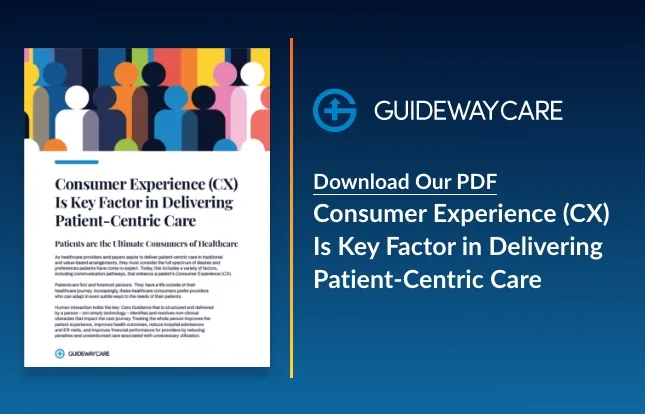The Advantages of Measuring Outcomes in Healthcare Settings

The need to measure outcomes in the evolving world of healthcare is crucial. Healthcare providers and other stakeholders can use the information gathered to improve their healthcare facility. This explains the importance of healthcare outcomes measurement.
Quality Improvement
When providers and healthcare professionals measure outcomes, they can spot areas where they can improve. They can also gauge the effectiveness of treatments. Having this data is essential in allowing them to focus their energy on specific areas, which can lead to better results and quality healthcare in the long run.
Patient-Centered Care
The best answer as to why we measure outcomes in healthcare is that it has the potential to make healthcare services more patient-centered and less process-centered. Once healthcare professionals collect information on outcomes that matter most to the patients, they can tailor their services to the needs of the patient. Ensuring the process is patient-centered means that the treatment is in line with the patient’s preferences and objectives, and that delivers improved health outcomes.
Resource Allocation
Another important aspect of measuring outcomes in healthcare is that it ensures that resources are allocated effectively to where they are needed. Medical providers can identify areas of their practice where there is a need to invest in resources and where there is no need for such an investment. Knowing where to invest resources can benefit the patients as they are likely to have more affordable treatment, and there is likely to be a boost in the overall effectiveness of the practice.
Accountability and Transparency
Another benefit of healthcare outcomes measurement is that it fosters transparency in healthcare, especially when the outcomes are publicly available. In such an environment, healthcare providers are motivated to improve their results. Meanwhile, patients have the information and data they need to make better-informed decisions. In the end, there will be a culture of transparency and continuous improvement.
Evidence-based Medicine
Measuring outcomes in healthcare can help identify the efficacy of certain medicines and treatments within the facility. The information can help generate data that can determine the most successful interventions for certain illnesses. Patient treatment will be influenced by this knowledge, leading to better and improved health outcomes.
Measuring outcomes in healthcare can lead to better health outcomes in the long run. Consult Guideway Care to implement effective strategies that ensure improved health outcomes in your practice.
Contact Us Today To Learn How We Can Help
"*" indicates required fields




